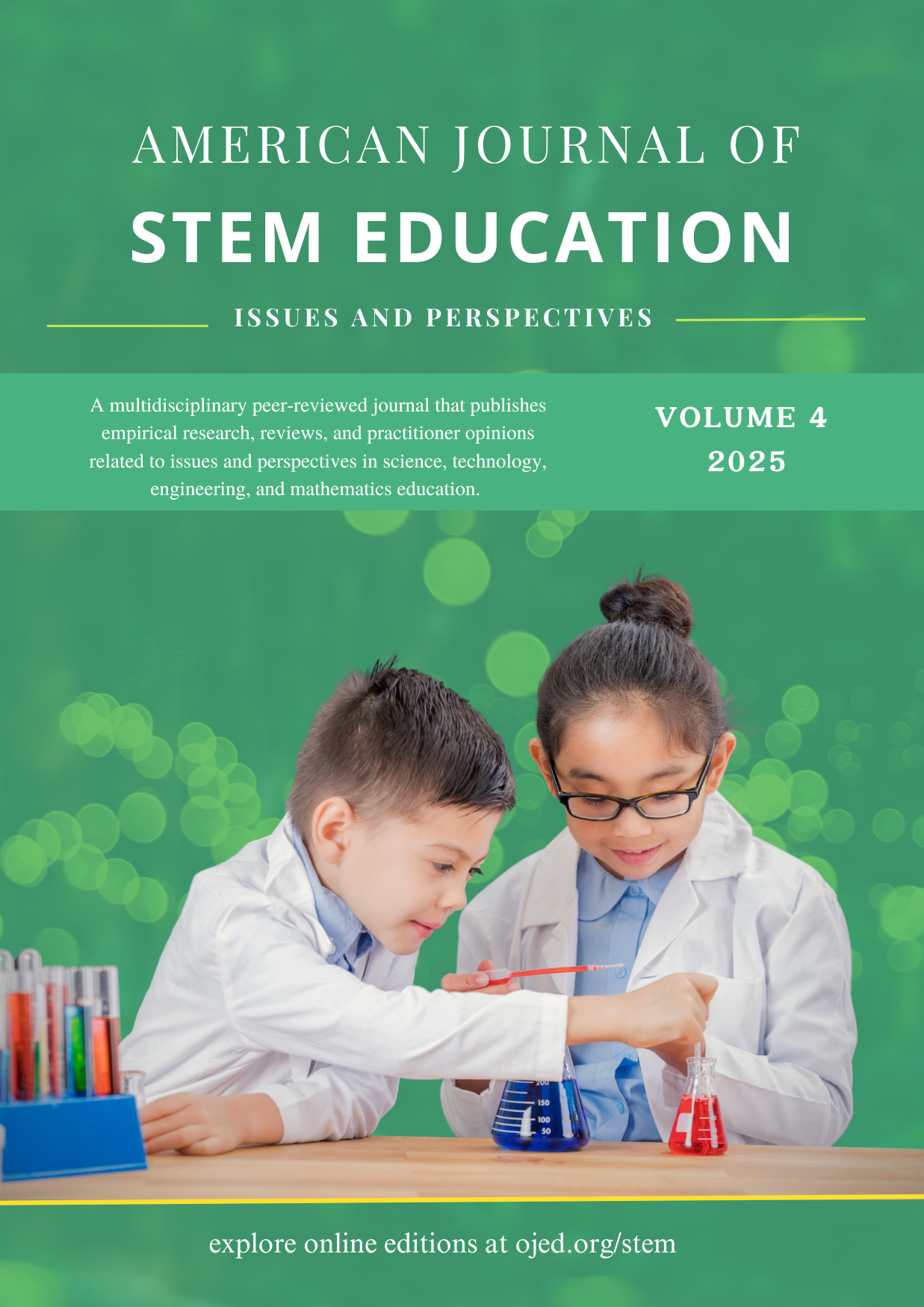Challenges and limitations of AI in education
Strategies for addressing racial inequity in ChatGPT
DOI:
https://doi.org/10.32674/n4s3y561Keywords:
AI, ChatGPT, classroom learning, higher education, racial equity, student affairsAbstract
In this essay, I explore the ethical challenges posed by ChatGPT through the lens of racial equity. While ChatGPT can enhance learning, it also risks exacerbating racial disparities in academic settings. I address potential racial biases in AI tools such as ChatGPT, emphasizing the importance of unbiased coding. If programmers do not examine their internal biases, AI bias can manifest, creating barriers for students of color. I identify three ethical challenges of using ChatGPT in classrooms and offer a call for action with strategies and recommendations for educators and administrators to ensure that AI tools promote equitable teaching and learning.

 Call for Special Issue Proposals
Call for Special Issue Proposals 


